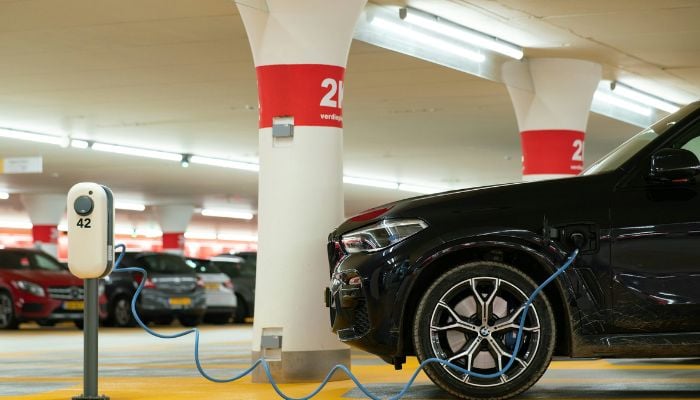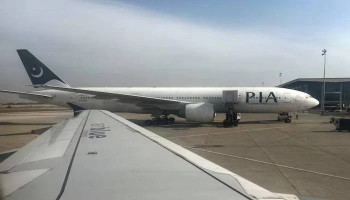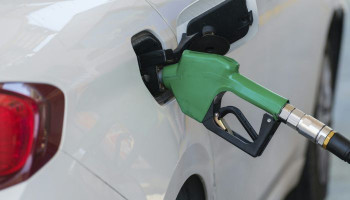
The government has rejected a proposal from commercial banks seeking to raise interest rates on loans for electric two and three-wheelers in Pakistan. Banks were asking for an extra 5% on top of the current 11% interest to cover insurance and other costs.
However, the government has denied this, aiming to keep EV financing in Pakistan affordable for the public.
During the fifth meeting of the Steering Committee on the Electric Vehicle Policy, convened by Special Assistant to the Prime Minister (SAPM) Haroon Akhtar Khan, stakeholders were able to assess progress made on the New Energy Vehicle (NEV) Policy for 2025-2030.
Representatives from federal ministries, the State Bank, the Federal Board of Revenue (FBR), and the Prime Minister's office were present at the meeting.
Notably, the government has already announced a Rs9 billion subsidy in the federal budget and will extend that to Rs100 billion over five years.
In the first phase, electric two-wheelers with a price ceiling of Rs200,000 will receive a Rs60,000 subsidy from the government, while the rest will be financed by banks at what experts say is best limited to the Kibor rate of 1-2%.
To ensure safety or performance, EV makers will also have to utilise lithium batteries. In all cases, swappable batteries will not be allowed in two-wheelers to prevent theft.
This move is aligned with the recent prohibition against swappable batteries in China. A full charge of the battery should get a 60 km range for bikes and 180 km for three-wheelers.
Haroon Akhtar Khan highlighted that the EV policy supports the prime minister’s goal of building a clean, green, and sustainable transport system. He added that the environmental impact would be tracked using international standards and might even open doors for carbon credits.
















